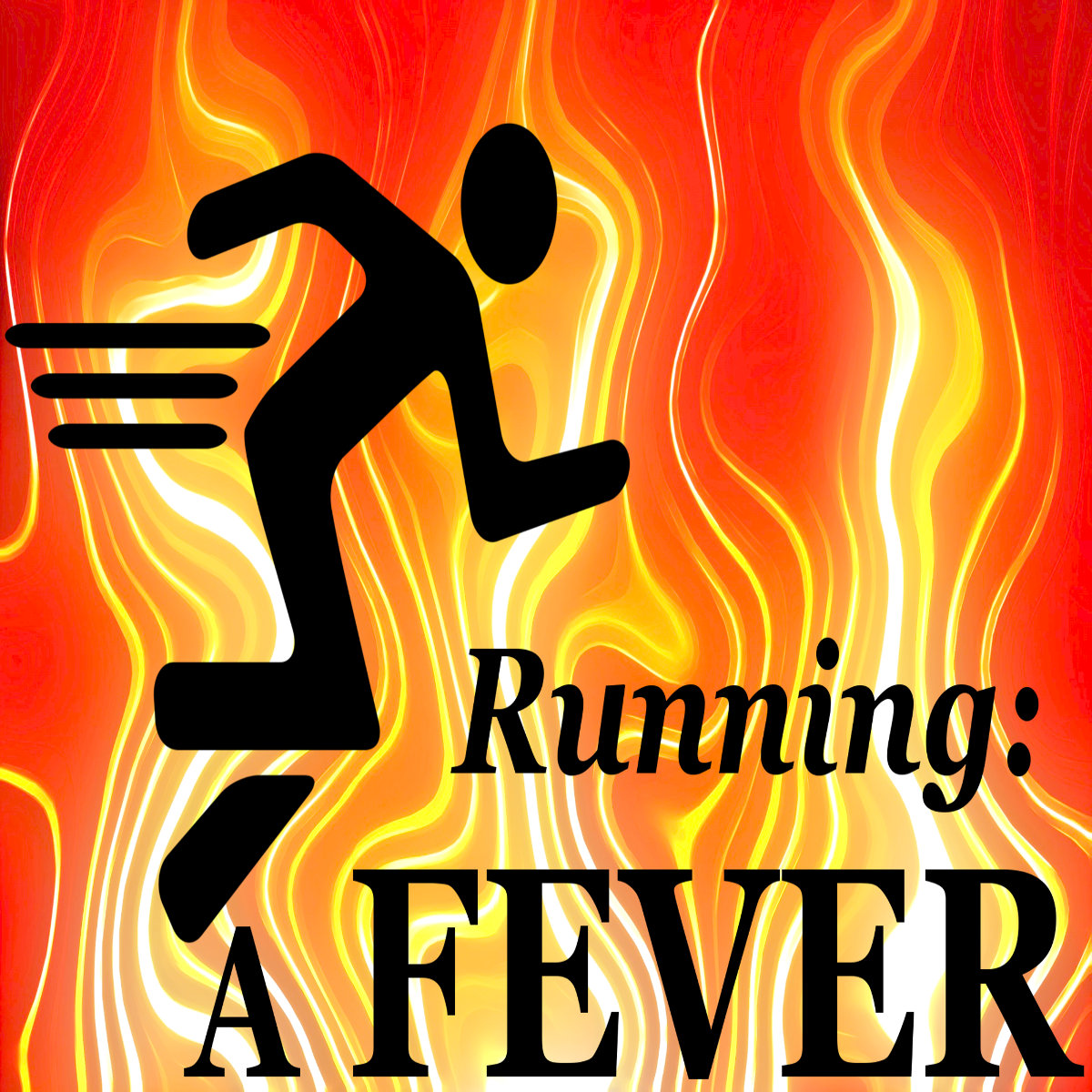Caloric restriction (CR) is a reduction in caloric intake of 20-50% without malnutrition. NOT STARVING! There are no long-term benefits to starving :-). There’s not even a long term. The process we are concerned with is called hormesis, which is when the body goes into defense mode, abating some aging processes. There is no definitive answer on how CR works. But quite a bit of research has been conducted.
A 2017 report on primate study found fewer age-related disorders in CR primates. Since the 1930’s CR in rats has shown increased lifespan. Suprisingly, CR has been found to preserves muscle tissue in primates. The longevity is not just due to fat reduction, which is insignificant factor. 1200 calories, she says Dr. Anne Brunet, PhD on the Standord University YouTube channel, is hard to achieve, but is in the optimal range for CR. CR has also been found in many of the Blue Zones (see episode 128).
Since true CR is difficult to achieve while getting all the energy and nutrients you need, there is research on how to mimic the benefits of CR. One way is through intermittent fasting. An National Institute on Aging study found that fasting increases lifespan regardless of diet. One popular IF diet is the 5:2 diet, 5 days of normal caloric intake, followed by 2 days of 500-600 calories per day.
There are also compounds called Caloric Restriction Mimetics (CRM’s) that may provide the benefits of CR in supplementation. Here are some of them:
Rapamycin, a compound found in soil on easter island (named after local name of that place) increases longevity in mice and other organisms.
Aspirin: an NIH report says aspirin improves autphagy in mice. Autophagy is a detox process to clean out dead cells and make new ones. This is just another reason to take aspirin, recommended to prevent cardiovascular disease.
Metformin is an anti-diabetic drug that comes from french lilac plants. It increases insulin sensitivity, making the liver produce less glucose. This reduces glycation, which is a kind of body fueling-gone-wild, and is associated with aging.
Resveratrol is found in skin of grapes, and is also what people take to get the “red wine benefit” without drinking. It is also an anti-inlamatory. Wikipedia is critical of longevity claims, and says resveratrol has not increased longevity in rats in any study.
NAD+ is another one, and for an in-depth look at this, go back and listen to episode #125.
Gynostemma pentaphyllum (G. pentaphyllum) supplementation in humans has been shown to exert effects seen in CR, such as improved glucose metabolism and reduced body weight.
There are detriments. The big one is risk of malnutrition. There was a very dangerous Minnesota Starvation Experiment 1944 conducted on WWII concientious objectors. The results included anemia, edema, muscle wasting, weakness, neurological deficits, dizziness, irritability, lethargy, and depression.
CR can interfere with growth processes, and should not be tried by anyone who is under the age of 21 or pregnant. Also, CR in people with a lower than normal BMI has an increased mortality rate.
The bottom line is that like blue zone observations, CR seems to be a factor in longevity, but it can be harmful if not done correctly. Beware of the dangers, especially malnutritious. Trying to figure out how to be adequately (or better OPTIMALLY) nourished is not something I’ve found easy to do.
Sources:
Dr. Anne Brunet lecture
https://www.youtube.com/watch?v=sppJywBkKB8
CR and supplements to mimic
https://www.lifeextension.com/Protocols/Lifestyle-Longevity/Caloric-Restriction/Page-01
Rapamycin
https://en.wikipedia.org/wiki/Sirolimus
https://en.wikipedia.org/wiki/MTOR
CR qualities of Aspirin
https://www.ncbi.nlm.nih.gov/pubmed/29490275
https://blog.bulletproof.com/autophagy-for-longevity-detoxification/
Wikipedia article on CRMs
https://en.wikipedia.org/wiki/Caloric_restriction_mimetic
Wikipedia article on CR
https://en.wikipedia.org/wiki/Calorie_restriction
https://www.nia.nih.gov/news/longer-daily-fasting-times-improve-health-and-longevity-mice
https://www.nia.nih.gov/health/calorie-restriction-and-fasting-diets-what-do-we-know
Weight (change since Jan 2018): 205 (-69)
Workout time: 187 Minutes
Total Distance (total since Nov 2017): 8.63 Miles (419.21)
Steps: 19,032
Muscle Mass (change since Aug 2018): 153.64 (+10)
Body Fat: 25.20%
Daily Sleep Duration 7-day Avg: 8 hours
2019 Goal: 15% Body Fat
